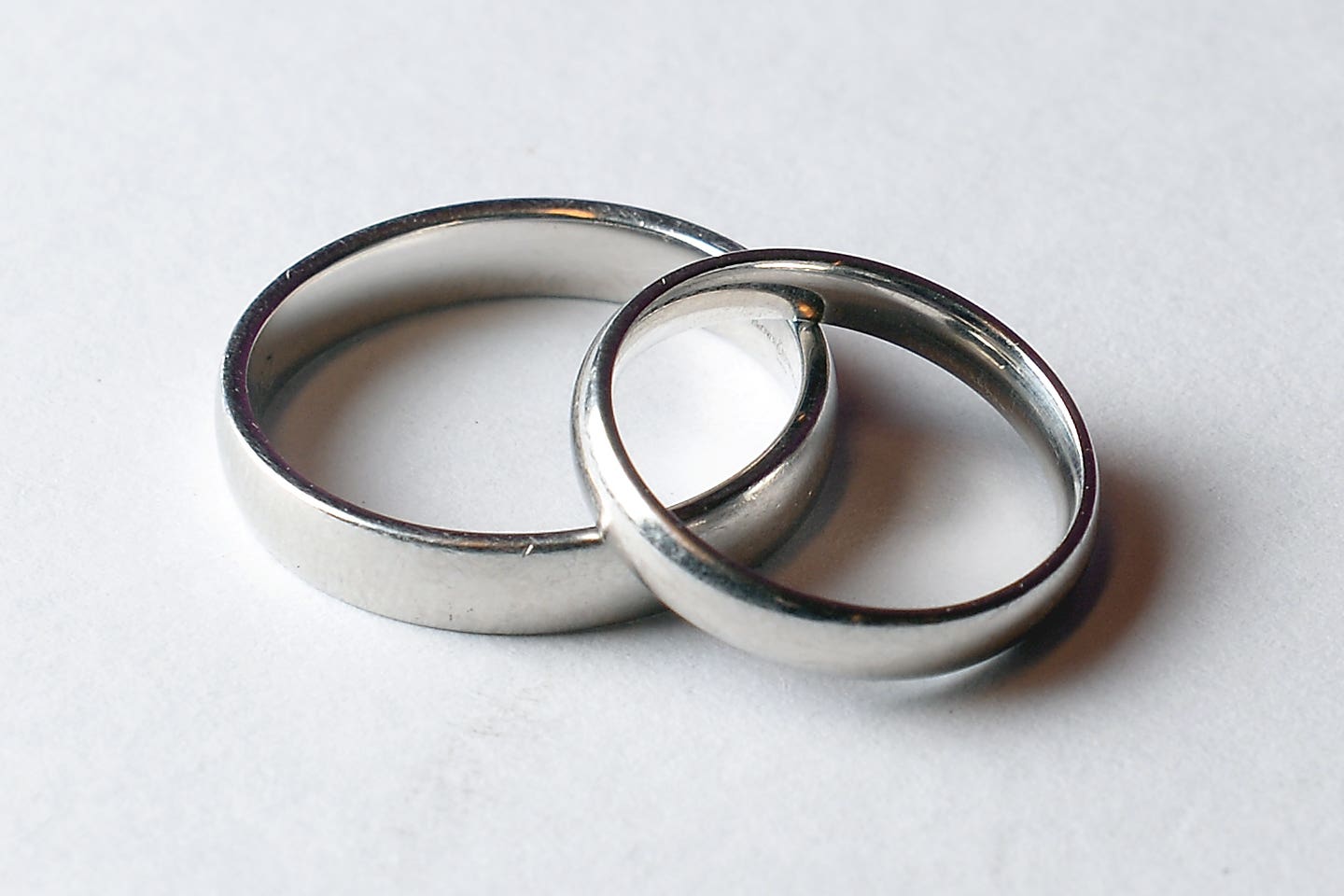‘Tip of the iceberg’: Forced marriage reports soar but true scale of problem still hidden, experts fear
Exclusive: Expert says forced marriage inflicts ‘significant damage’ and constitutes child abuse

Your support helps us to tell the story
From reproductive rights to climate change to Big Tech, The Independent is on the ground when the story is developing. Whether it's investigating the financials of Elon Musk's pro-Trump PAC or producing our latest documentary, 'The A Word', which shines a light on the American women fighting for reproductive rights, we know how important it is to parse out the facts from the messaging.
At such a critical moment in US history, we need reporters on the ground. Your donation allows us to keep sending journalists to speak to both sides of the story.
The Independent is trusted by Americans across the entire political spectrum. And unlike many other quality news outlets, we choose not to lock Americans out of our reporting and analysis with paywalls. We believe quality journalism should be available to everyone, paid for by those who can afford it.
Your support makes all the difference.“Devastating” reports of forced marriage to the national helpline have surged as experts warn the issue remains “rife” but it is difficult to see the true scale of the problem due to people not coming forward.
Exclusive data from Karma Nirvana, which supports forced marriage victims, shows its helpline dealt with 42 per cent more cases between April 2022 and March 2023 than they did in the same period two years before – up from 380 cases in 2020-21 to 536 this year.
This means cases are back to pre-pandemic levels when they handled 533 cases between April 2019 and March 2020.
The figures come as a new study found the number of people coming forward to alert authorities to forced marriage plummeted during the pandemic.
First-of-its-kind research, by the University of Lincoln and the University of Bristol, discovered queries to the government’s forced marriage unit sharply declined from 1,507 in 2018 to 337 in 2021.
Experts said the “alarming” fall was likely to have been caused by Covid rules temporarily curbing forced marriages but added victims, relatives, lawyers, teachers, social workers and others were also less likely to be able to report forced marriages during lockdowns.
The report, which examined Forced Marriage Protection Orders, issued by the family courts in a bid to stop forced marriages, found around 250 have been approved each year in the past 10 years. This constitutes roughly five orders each week – with researchers warning the issue continues to be “rife” in England and Wales.
Aisha K Gill, who co-authored the report, told The Independent the “steady use of” the orders demonstrates forced marriage has not gone away and warned it was not an issued that can be eliminated “overnight”.
The Professor of Criminology at the University of Bristol argued the pandemic “exposed and exacerbated pre-existing weaknesses in our public support systems” and “drove the issue of forced marriage even deeper underground”.
Forced marriage is defined as incidents where one party or both do not agree to the marriage or are not in a position to consent, and it routinely results in rape.
Professor Gill noted “under-reporting” of forced marriage continues to be a major problem. “Far from being on the decline, we are just dealing with the tip of the iceberg,” she added.
The academic explained perpetrators are generally parents or relatives and said the practice inflicts “significant damage” and constitutes not just a “human rights violation” but also child abuse.
“The coercive element is devastating for these victims,” Professor Gill said. “We must address this problem and link this with control and abuse and control of sexuality.”
Professor Gill noted the findings demonstrate for the first time how Forced Marriage Protection Orders are a “double-edged sword” because while they can prevent forced marriage and protect victims, they can also increase the risk of honour-based violence, including abduction, physical assaults, kidnapping and rape.
There is a “gendered element” to forced marriage, with the overwhelming majority of cases they looked at involving women victims.
Sundari Anitha, who was also involved in the report, noted Forced Marriage Protection Orders differ from other injunctions for domestic abuse in which the victim will have fled their abuser and the order will bar contact.
The professor of gender, violence, and work at the University of Lincoln explained most people who seek them continue to live in their family home or remain in touch with the perpetrators, their parents.
She added: “These young people are trying to balance their need to protect themselves from a forced marriage while avoiding a complete family estrangement.”
The study, conducted in conjunction with the Nuffield Foundation, found the most common age bracket for forced marriage victims was 16 to 21 but sometimes victims were just 11 years old.
Diana Nammi, executive director of Iranian and Kurdish Women’s Rights Organisation (IKWRO), a British charity which helps victims of honour-based abuse, told The Independent: “Forced marriage is a deep-rooted problem which doesn't disappear from one day to the next. We have dealt with lots of forced marriage cases in the UK since the pandemic.”
Legislation which made it illegal to force someone into marriage in England and Wales was introduced in 2014 and anyone found guilty of doing so can be imprisoned for up to seven years. And a new law banning marriage under the age of 18 came into force in England and Wales earlier this year.




Join our commenting forum
Join thought-provoking conversations, follow other Independent readers and see their replies
Comments